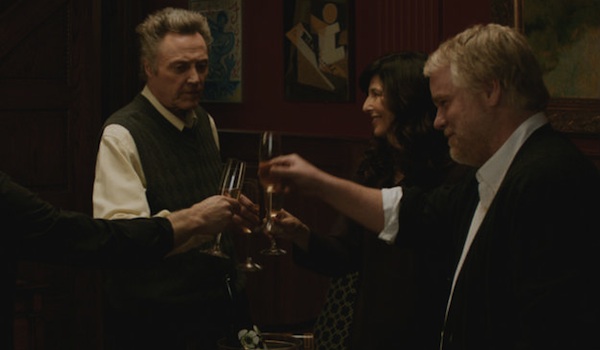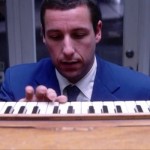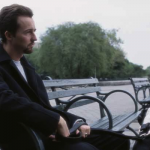A Late Quartet Review
A sedate and stately drama about the dysfunctional private lives of classical musicians, Yaron Zilberman’s A Late Quartet just screams “acting showcase.” And it’s hard to argue the film’s chief pleasure isn’t seeing Phillip Seymour Hoffman, Catherine Keener, and Christopher Walken on top of their respective games. There’s a lot more to this film, however—a lot of which doesn’t reveal itself immediately. Unlike its characters, the film hits a few bum notes. But it crescendoes beautifully into something, well, beautiful. The film’s conclusion is tough to argue, and it makes any earlier missteps easy to overlook.
The quartet of the film’s title is made up of the three mega-thespians listed above and Mark Ivanir (who’s quite good, it should be noted). Ivanir’s Daniel is the quartet’s first violinist—the “star” who gets the most solo time. Hoffman’s Robert plays second violin, and after getting nudged by a female friend, he announces he wants to split time with Daniel in the first chair—a move that upsets the rest of the group, including Keener’s Juliette, the group’s viola player and Robert’s wife.
But the quartet’s troubles all begin when Walken’s Peter announces he has Parkinson’s. Their next concert will be his last, and while it’s still a ways off, everyone needs to be preparing for the seismic shift that is the retirement of their eldest member and emotional leader.
Peter really is the glue that holds these four together. Even Robert and Juliette only seem to hang on to their marriage because of Peter and the music they make. The threat of him leaving is enough to throw their lives and relationships into flux. Robert strays. Juliette fights with her daughter, Alexandra (Imogen Poots), who’s sleeping with Daniel. It seems a lot has been suppressed in the name of good music over the course of a quarter century together.
The film, at times, threatens to drown in melodrama. There’s nary a happy moment to be found, and some of this somber material—like the Alex-Daniel affair—feels inauthentically shoehorned in to up the misery quotient.
For Peter’s farewell, the group is rehearsing Beethoven’s Quartet No. 14, Op. 131—a piece with a unique structure that calls on the quartet to play seven consecutive movements without pause. And as one character remarks about it, “You can’t ride the wild horses of the seventh without mounting them during the sixth.” It serves as an apt metaphor for the film as a whole. A Late Quartet is quite moving in its final act, and while there are some bumpy spots along the way, they’re necessary evils.
Performance-wise, it’s hard to single out one individual. Walken actually dials it down a bit and displays real fragility. Hoffman, too, restrains himself to a degree. He still has his typical blowup scene, but you actually see this character stop himself once or twice from blowing up again. It being Hoffman, you’ll laugh a little inside.
Catherine Keener might not have quite the pedigree of her two costars, but she might just outshine them here. It’s a quiet performance. Her character is full of pain. (Peter, at one point, remarks about her instrument: “The viola is the voice of a wounded soul.”) And while the men around her all have vices that either mitigate their pain or distract them from it, her pain is inescapable, and you see it on her face, always.
The film, predictably, has some great music, and it relies on that music to wring the emotion out of you. Ultimately, that A Late Quartet is so unabashedly melodramatic is fine. When a film like this doesn’t work, you know it. A Late Quartet works. You might not think so from the uneven first half or so, but you’ll know it by the time these musicians take their final bows.
















